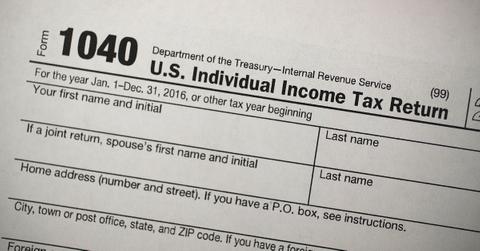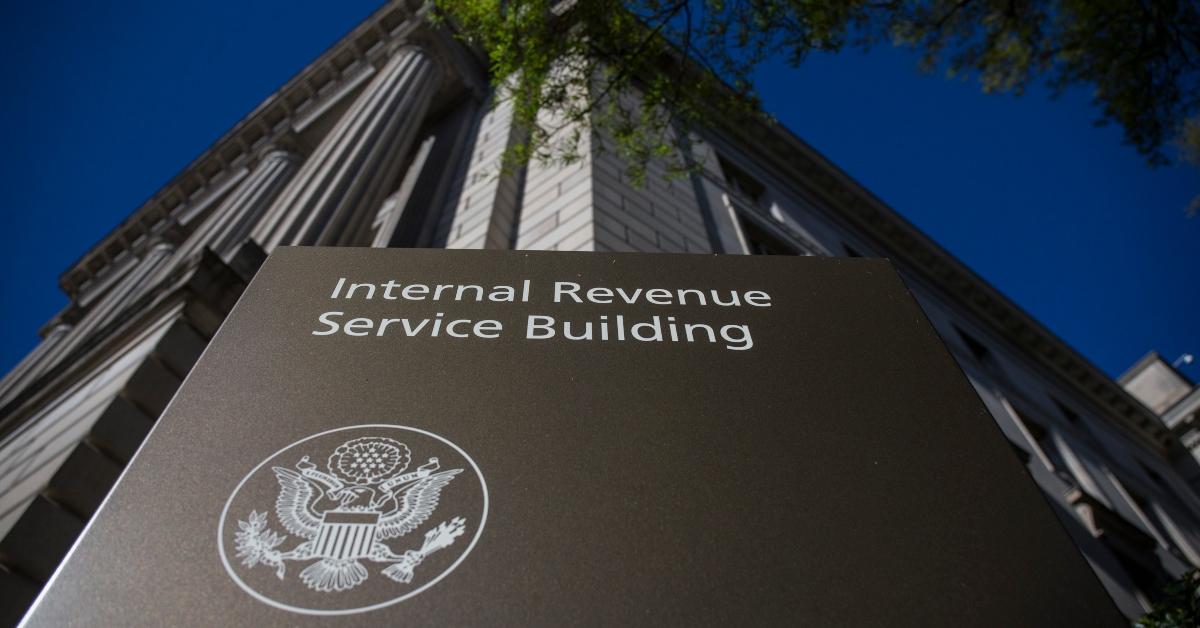Reasons Why the IRS Might Be Holding Your Tax Refund
A backlog in 2019 paper returns is one of the reasons why the IRS is holding refunds. How can you check the status of your tax refund?
April 27 2021, Published 12:58 p.m. ET

If you are still waiting for your tax return weeks after you filed, you aren't alone. Millions of U.S. taxpayers are still waiting for their refunds from the IRS.
Why the IRS is holding refunds
The delay is due in part to a backlog in 2019 paper returns that were put on hold when the IRS had to shut down last year at the beginning of the COVID-19 pandemic. Those returns, which all need to be processed manually, must be done before the IRS tackles paper returns for 2020.

Another reason for the refund delays is the Earned Income Tax Credit (EITC) and Additional Child Tax Credit (ACTC) provisions included in the past three stimulus plans.
The latest stimulus package passed in December 2020 left the IRS with no time to update their computer systems and tax forms to accommodate provisions including in those credits.
If you claimed the Recovery Rebate Credit on your tax return because you didn’t get the first two stimulus payments or you got less than you were supposed to, your refund would only be delayed if you didn’t claim the correct amount.
Why the IRS isn't sending refunds
According to an IRS press release, other reasons your tax refund might be delayed are because it includes errors, is incomplete, or has been impacted by identity theft or fraud.
File electronically to get your tax refund quicker.
For those who haven’t filed their tax returns yet, the IRS encourages you to file electronically to ensure that you get your refund within the standard 21-day time frame.
“Now more than ever, the safest and best way to file a complete and accurate tax return and get a refund is to file electronically and use direct deposit,” the IRS stated in a press release.
Don’t bother calling the IRS about your tax refund.
Calling the IRS to find out when you will receive your refund probably won't get you anywhere. Calls to the agency are up by 300 percent, and the IRS only responds to about 7 percent of those calls.
Instead, the IRS encourages taxpayers to check the status of their refund using the "Where's My Refund?" tool on its website or IRS2GO mobile application. Although the app won’t tell you exactly when the money will show up in your account, it will tell you where it is in the process.
“Calling the IRS won’t expedite a tax refund. The information available on Where's My Refund? is the same information available to IRS telephone assistors,” the IRS release states.
On a positive note, the IRS has processed over 91 million 2020 returns, issued about 68 million refunds to date, and is in the process of delivering the third round of stimulus payments, said the Taxpayer Advocate Service in a recent blog post.
